System Mart and Reliable Controls: 15 years of purposeful partnership
System Mart doesn’t just implement Reliable Controls solutions. It embodies our values of reliability, trust, and long-term commitment. Learn more.





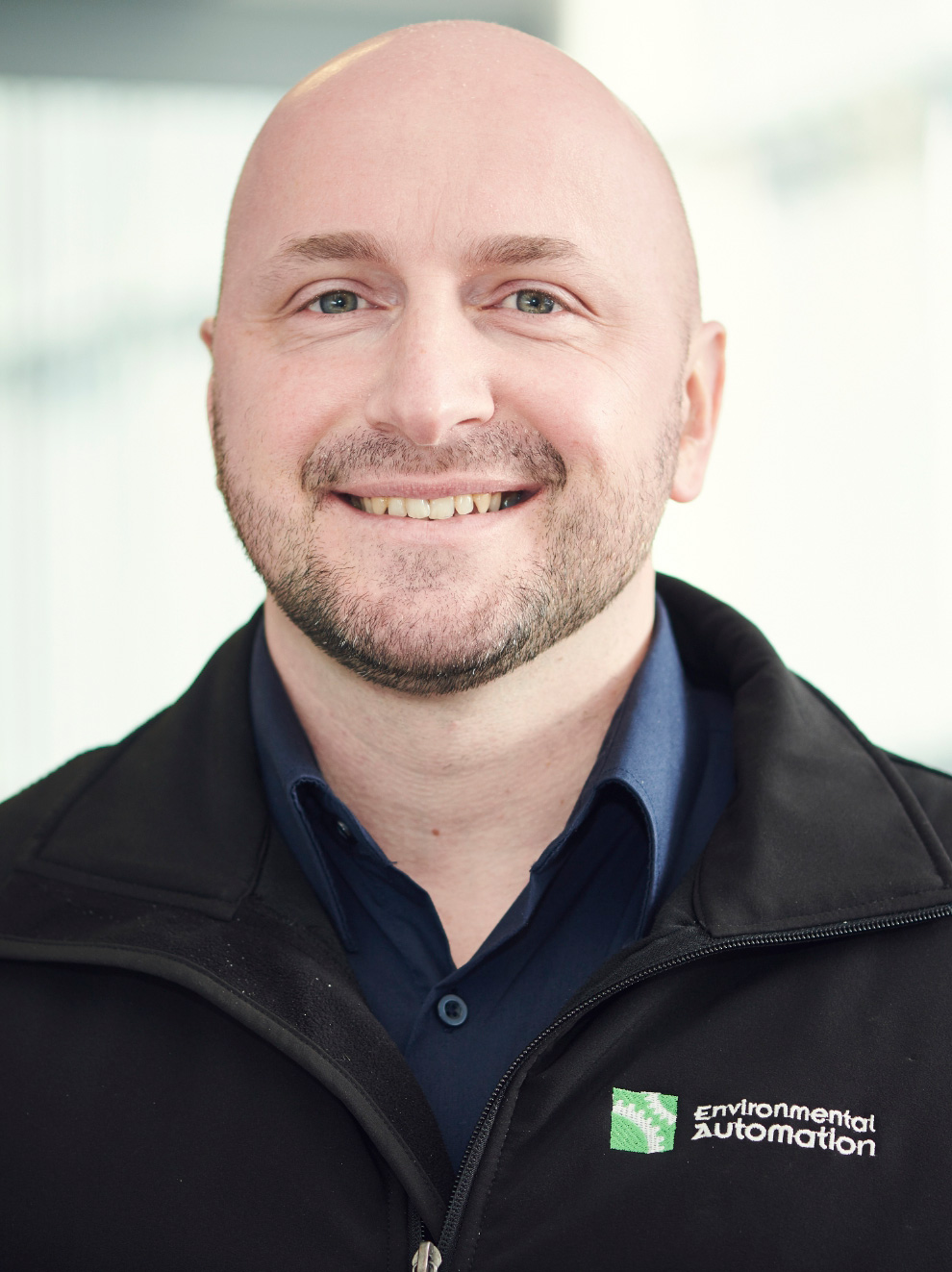
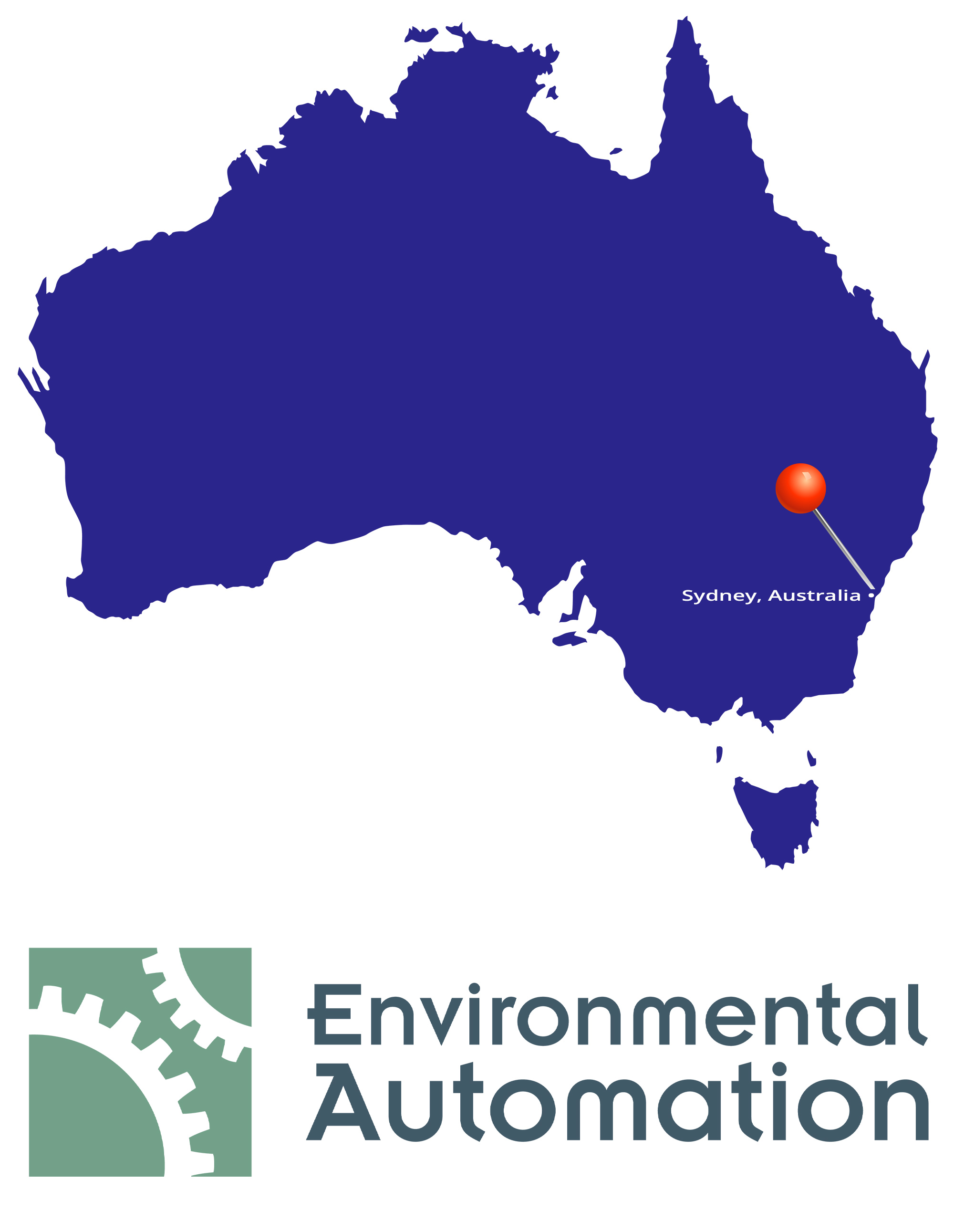
I’m from Bosnia and Herzegovina. I came to Australia in November 1997. I remember it like it was yesterday. We were migrants from war-torn Yugoslavia. I was 16 years old at the time. I studied English as a youngster so didn’t have much trouble going through the intensive language courses and quickly finishing high school. I then pursued electrical engineering and worked in the industry, fixing coin validators. Despite the fantastic pay, I didn’t want to stay in that industry, fixing something that made people’s lives horrible, as the coin validators were connected to poker machines.
As a migrant coming to Australia, I knew I had to make money. And Australia is a very hot country! When I went through the newspapers, I saw advertisements for air-conditioning mechanics, so I decided to pursue an apprenticeship in air-conditioning and refrigeration. I’m a “fridgey” by trade. My dad always said, “If you want to make good money, you have to specialize.” I always had a passion for computers, so I wanted to figure out how to combine air-conditioning with computers. I knew nothing about controls automation but was willing to go anywhere to get experience and ended up in Perth. Then, some 18 years ago, a friend called me to work in Sydney for Environmental Automation, and I’ve been working here ever since.
I was 11 years old when the war started and 15 when it ended. I’m making a lot of parallels with the youngsters in the Middle East now and the life I had when I was young. There was no water, but Sarajevo has beautiful mountains. I went up and down the mountain searching for water, then stood in a queue to get it, worrying about being bombed. Carrying liters up a steep hill wasn’t so bad. Trying to survive while doing it was the hardest thing! And there was no electricity. Sarajevo can reach -20 degrees Celsius in the winter. If you tried to find wood, you again had the snipers and bombs… I remember it like it was yesterday.
Surviving war gives you another boost of life. When you’re a war survivor, you love life. There are people who go through difficult psychological problems, and they never recover. But people who survived the war, they truly appreciate peace. When you live in a place without snipers or bombs, you appreciate a breeze swishing through the trees. You appreciate the sun shining on you. Going for a walk. You appreciate little things that others take for granted. There’s just so much appreciation for life. When I hear people complaining, I say, “Don't complain, be grateful.” That’s where true success is.
I take real pride in what I do, and I love helping others. That really is my true passion. Maybe that stemmed from the war. I don’t know. When I was 11 or 12 years old, my dad was a soldier, and our house was bombed. I dragged my mom and sister out of the window and helped them survive. When I was 12 or 13, I helped soldiers who were injured and going through tough times. By the time I was 15, I was a psychologist; I was a friend; I was a grown man.
When I came to Australia, my parents couldn’t speak English. I’m grateful I learned a bit of English in school, so I was able to get a job at McDonald’s and support my family. In high school, during school holidays while other kids were playing, I helped my dad as a courier driver, day and night. Before maps were available on Google, I held a map in my lap, directing my dad. I helped him converse with the clients because he couldn’t speak English. I’m thankful for every single moment of my life. I’m in one piece.
First, I love dealing with my customers and helping them. Second, I love coding and logic—seeing how the code is expressed in real time. I love this whole automation environment. It feels like a hobby, not a job.
When a customer has an issue, I find it very satisfying to find a new way to overcome it. There are many ways to the top of the mountain, right? We just have to discover which route is most appropriate for a particular environment. Then I stay up all night testing and fine-tuning. The next morning, I review the trend logs to verify if what we implemented works well in practice. Reliable Controls trend logs really come in handy for that! The new trend logs give me a lot of information in a visual manner that I can relate to.
Through automation, we help things reach their full potential. It’s like making sure the pot that boils water is always centered on a hotplate or as close to the middle as possible. For me, that’s what automation is—optimizing the operation of commercial buildings to the level of reaching their full potential. It’s finding that sweet spot where the building works well and finding ways to improve and give clients something niche—a way to help them reach their goals, such as the Green Star rating or the NABERS rating, which are the industry ratings here in Australia.
I think the Reliable Controls product is as close to perfect as we need for the business Environmental Automation is in. I love the simplicity of the product. It is simple on the surface but complex in the background. The complexities of the hardware and software have been left to Reliable Controls staff to deal with, and the simplicity has been left with us. When I service a site, it’s very easy to log on to the controllers, to see and create objects, and to troubleshoot. I love how it’s a perfectly structured building automation product that fits right into the niche of what Environmental Automation does.
Building managers are concerned with two things: making the owners happy and making the tenants comfortable. That translates to energy savings and ensuring the building is at peak performance. Integrated fault detection and diagnostics (IFDD) points the building manager in the right direction. How great is it when something tells you exactly where your problems are so you don’t have to think about it too much? IFDD is our service technician on site 24/7. The IFDD FlexTiles give us the ability to be proactive instead of reactive.
In Australia everyone talks about analytics. All these analytics companies are coming in and saying what’s wrong with a building. Why can’t the service techs do that? IFDD eliminates the need for a third-party analytics company.
Yes, this is the perfect scenario! I have a client who was called by a tenant saying they were too cold. The client went to the air-handling unit page, flipped the FlexTile, and read, “The unit is using economy cycle when it shouldn’t.” What had happened was that his off-sider had set the economy cycle to manual over the weekend because painters were doing work on the floor, and they wanted to bring in as much outside air as possible but had forgotten to put the outside air dampers back to automatic operation. The client was thrilled because he got exactly the information he needed.
Without IFDD, we don’t have a niche. Everyone out there has graphics. Everyone out there automates the HVAC equipment. Everyone is controlling the chillers. But those FlexTiles that change color—that the client doesn’t have to pay a subscription for but that allow them to have a technician on site 24/7 looking after their building—that’s what gives us the edge over other building management systems.
I think IFDD is the key to growing the business. Imagine I’m tendering for a contract, and a client already has a positive experience with FlexTiles on another site, so they say they want Reliable Controls because of the IFDD. Wouldn’t that be the goal? To grow business by having an edge over someone else?
Absolutely. It helps us move away from point-to-point testing into data-driven maintenance. The trick is to define data-driven maintenance to clients when they ask how restructuring a contract will help them. If I can go back to the client and say I have machine-learning fault detection and diagnostics software that will point the user of their building in the right direction—whether the user is a building manager, engineering manager, consultant, mechanical contractor, or building management system contractor—and give them that tangible solution, then I have legs to stand on. Then I can change a contract. IFDD gives us the edge and also takes the edge off us.
The key difference between Reliable Controls and other products I’ve dealt with is the technical support. It is second to none! Environmental Automation is primarily a service-based business, and in service, customers hate waiting. If the customer needs an issue resolved, it needs to be done yesterday. Reliable Controls gives me confidence that if I have a problem today, it will be resolved today. It is fantastic to wake up in the morning and know the manufacturer has my back. It’s like being the Avenger that has this amazing shield, and that shield is Reliable Controls. I really applaud Reliable Controls for the support I get every time I have a problem. They jump on straight away.
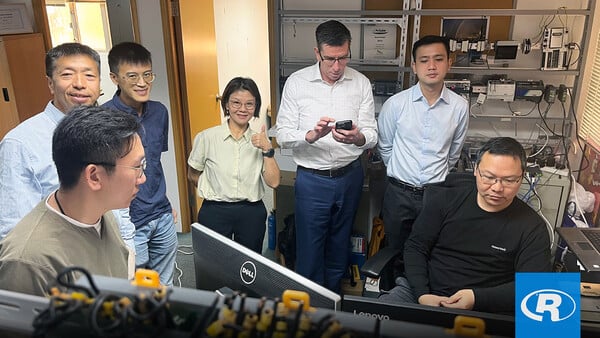
System Mart doesn’t just implement Reliable Controls solutions. It embodies our values of reliability, trust, and long-term commitment. Learn more.
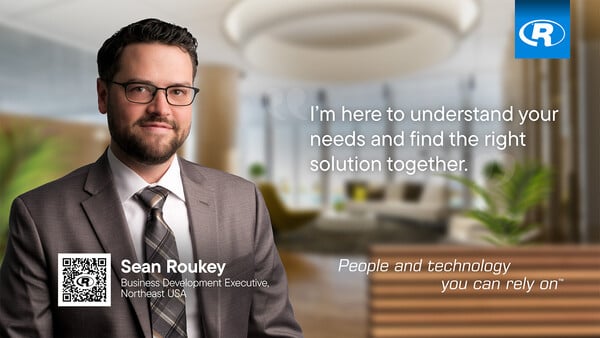
How does Business Development Executive Sean Roukey help our dealers grow and succeed?
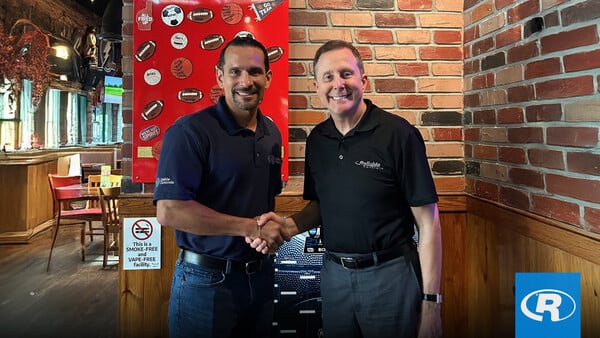
Discover how Liable Controls is bringing relationship-first building automation to South Florida as a new Authorized Dealer.
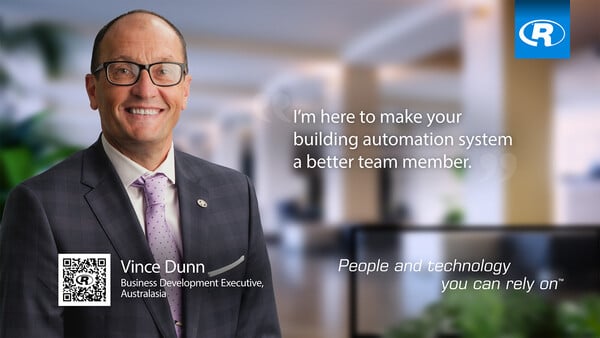
What drives our new Business Development Executive for Australasia to make a difference in the world?
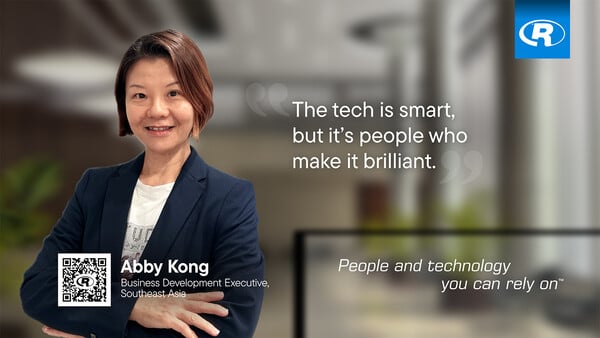
Get to know Abby Kong, Business Development Executive for Southeast Asia.
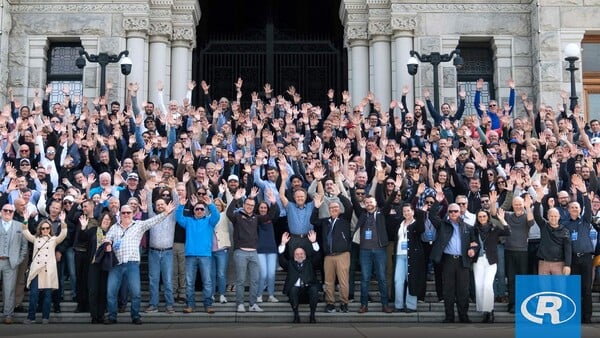
Find out why we’re the right partner to help you meet your goals.
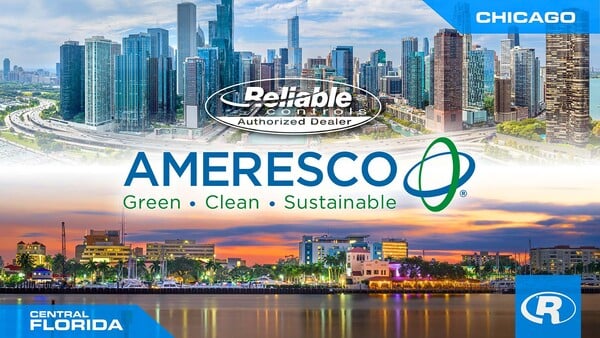
With Ameresco in Chicago and Central Florida joining our dealer network, we’re expanding our ability to deliver simple, flexible, sustainable solutions to customers in Illinois and Florida.
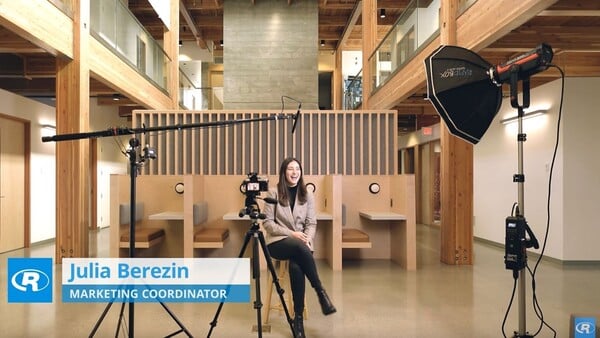
Interested to learn what Reliable Controls looks like for co-op students?